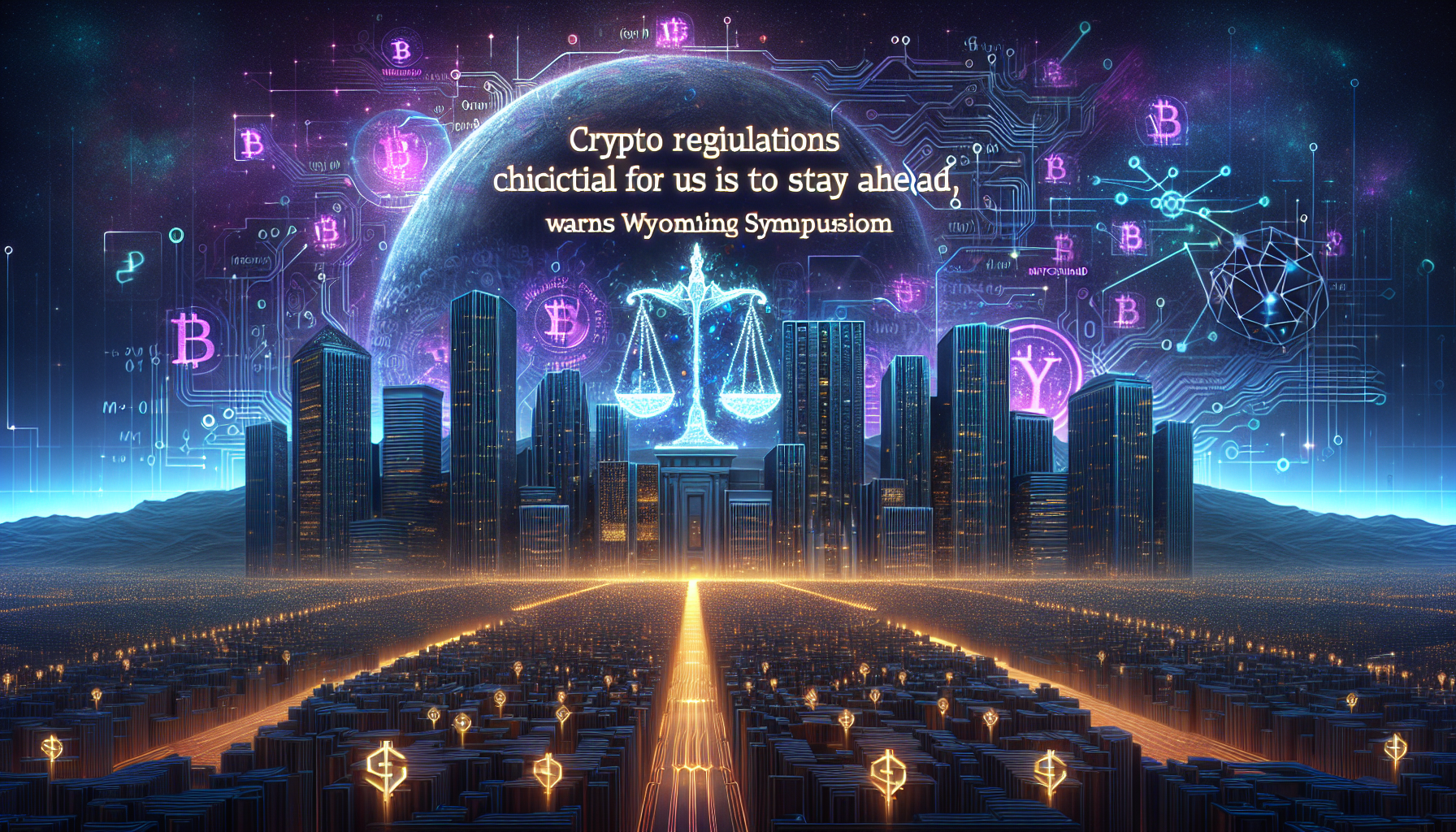 The Philippine government has taken a bold leap into the future by launching a blockchain-based document validation system on Polygon. This move comes even as the Polygon network faced a partial outage on the very day of the launch. The decision to utilize blockchain technology underscores the country’s commitment to innovation and security in managing government documents.
The Philippine government has taken a bold leap into the future by launching a blockchain-based document validation system on Polygon. This move comes even as the Polygon network faced a partial outage on the very day of the launch. The decision to utilize blockchain technology underscores the country’s commitment to innovation and security in managing government documents.
Polygon, known for its scalability and low transaction costs, has been a favorite among crypto enthusiasts and developers alike. Despite the hiccup, the Philippine government remains optimistic about the potential of blockchain to revolutionize document management. By leveraging Polygon’s capabilities, they aim to ensure that government documents are not only secure but also easily verifiable.
The timing of this launch is intriguing. While some might see the network’s partial outage as a setback, others view it as a testament to the resilience and adaptability of blockchain technology. The Philippine government seems to be betting on the latter, confident that any technical issues will be swiftly addressed by the ever-evolving crypto community.
This initiative is part of a broader strategy to integrate blockchain into various sectors of governance. By doing so, the Philippines aims to enhance transparency, reduce fraud, and streamline operations. The choice of Polygon is strategic, given its reputation for handling large volumes of transactions efficiently.
Crypto enthusiasts are watching closely. The success of this project could set a precedent for other governments considering similar blockchain-based solutions. It’s a bold experiment, one that could pave the way for a new era of digital governance.
But why Polygon? The network’s ability to process transactions quickly and at a low cost makes it an attractive option for governments looking to modernize their systems without breaking the bank. Moreover, Polygon’s growing ecosystem offers a plethora of tools and resources that can be leveraged to build robust applications.
As the dust settles from the initial launch, all eyes are on how the system performs in real-world scenarios. Will it live up to expectations? Can it withstand the pressures of large-scale government operations? These questions linger, but the potential rewards are too significant to ignore.
In the coming months, the Philippine government plans to expand this blockchain initiative to other areas. If successful, it could transform how citizens interact with government services, making processes more efficient and transparent.
The crypto world is buzzing with anticipation. This move by the Philippines could be a game-changer, not just for them but for countries worldwide. As blockchain technology continues to evolve, its applications in governance are becoming increasingly apparent.
Stay tuned as we witness this exciting chapter unfold. The Philippines might just be setting the stage for a global shift towards blockchain-powered governance.




